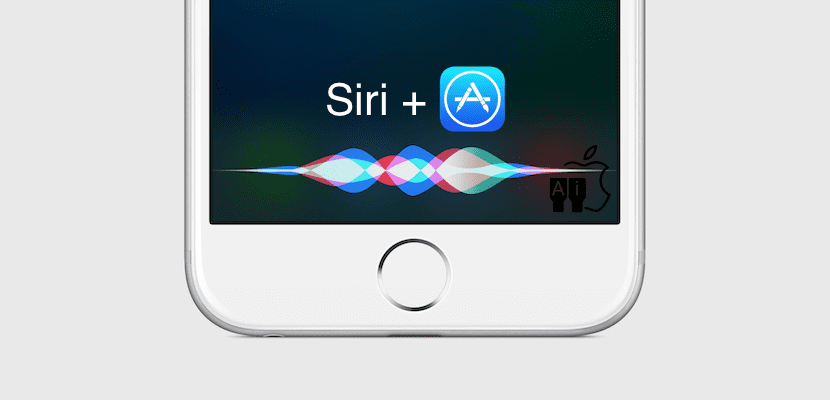
Although I have mentioned occasionally that I was disappointed that Apple did not introduce a new version of its virtual assistant that takes advantage of VocalIQ technology, it must be recognized that Siri will take a giant step forward in iOS 10. The main reason (not the only) will be the integration of Siri with third-party applications, something that will be possible thanks to the SiriKit developer tool and that will allow us, using the usual example, to send a WhatsApp message without having to enter the application.
In the first version of iOS 10 to be released in September, the Siri API will only work with six types of applications: Uber trips (Ride Booking), messaging, photo searches, payments, VoIP calls and sports activity such as Runtastic, who has already announced that it will be one of the first applications that will take advantage of Siri integration with third-party applications. On the other hand, Apple's way of thinking about it all means that developers don't have to worry about major voice-related issues.
Siri will only work with 6 types of apps, for now
Apple will handle the voice recognition and interpretation of the questions. In this way, Siri will decide whether to answer our questions / requests on its own or whether to "ask for help" from a third party application. For one thing, developers don't have to worry about creating software that understands what we're asking of it; on the other, our privacy remains protected, at least in theory (as we will write in another article later).
La information they receive third-party applications is limited to what they need know to do what we want. Siri will only use the relevant information from a question / request and will deliver that data to the application. For its part, the third-party application will use the SiriKit APIs to return a response that will be displayed on the screen.
All of this means that Siri it cannot be integrated into any application from the App Store, but it is only a matter of time before Apple gives access to these developers as well (probably in the version of iOS that they will launch next spring, the equivalent of iOS 9.3 of iOS 10). We have once written that it was possible that applications such as Gmail or Google Calendar could be managed from Siri, but at the same time we also said that this could not be fulfilled because they are applications of the competition. It is not known if that will be the reason, but (always "at the moment") Siri will not be able to communicate with applications of podcasts, mail, music, sports statistics, reminders, etc.
We won't be able to use Siri or Gmail or Spotify ... yet
This can be a setback, for example, for users of Spotify, but it was also something that we could look forward to. Apple has taken a giant step with the integration of Siri with third-party applications, but it also has to continue to take care of its services and our privacy. By not allowing applications like those mentioned above to have access to Siri, our data will be more secure. Or, well, that would be valid in all of the above cases, except for audio content such as streaming music or podcasts. But, I repeat, it is understandable.
I, who have become accustomed to using most of the default applications of any operating system (mobile or desktop), will not be greatly affected by this initial Siri restriction. And you?
